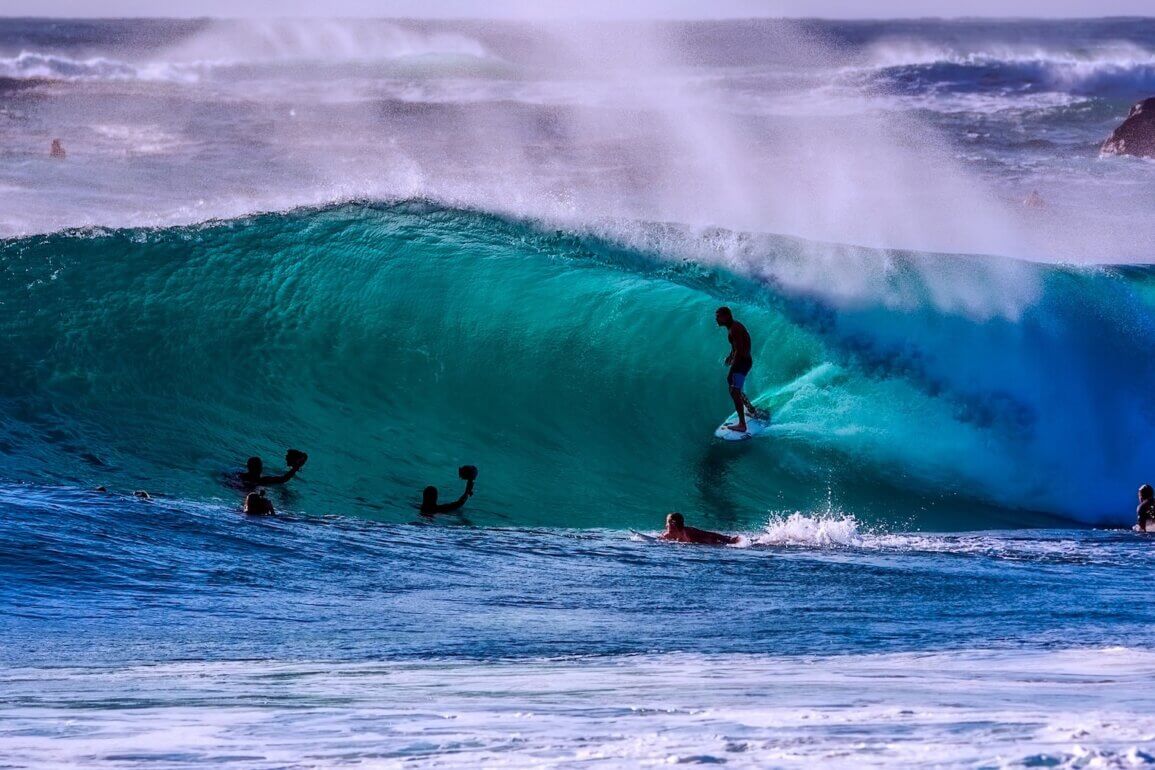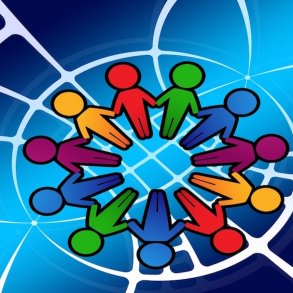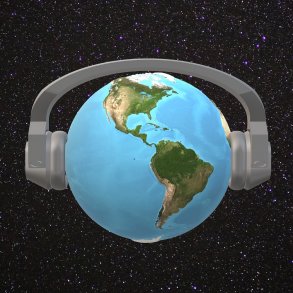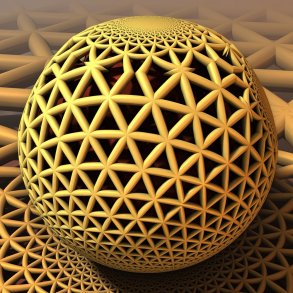By Lia Aurami for Enlivening Edge Magazine*
“The only constant, permanent thing in life is change itself.” ∼Heraclitus, Ancient Greek Philosopher
Constant change is tough for people who aren’t used to it and have no specific skills for dealing with change itself. Yet changing with resilience is a habit, capacity, or skillset people can cultivate. We organizational innovators have experienced a thing or two about the process of adapting to frequent change. Our challenge is whether we’ve learned enough from our experience to play a helpful role for humanity in current times.
What resilience skills learned from our work as agents of change would allow change to be fun or enlivening instead of stressful? Is resilience restricted to bouncing back, coping, dealing, adjusting, or recovering? Do humans now have available the knowledge and experience that enable us to cultivate the additional capacity—as suggested in our last Editorial—to prepare for change? Or even catch the glimmer of becoming conscious evolutionaries influencing or even directing what happens? Or even finding surfing waves of change as exhilarating as surfing ocean waves?
“This is not a drill.”
The need for dealing with change itself is on steroids nowadays, of course, when “normal” itself is up for grabs. Will we ever get back to Old Normal? Will we have to create and get used to a New Normal? Consider the possibility that constant change, not old normals or new normals, is the normal we humans are going to need to find the resilience to plan for, deal with, or adapt to.
First, in the face of the global “pandemic” people are making changes that might not go away, requiring constant further adjustments from humanity.
Second, the wave of innovation engulfing the whole planet, as old systems seem to be reaching their crescendo and crumbling in their viability as they do, and new systems, inspired by the spirit of Buckminster Fuller, are emerging to make them obsolete.
Yet on a smaller scale the dissolution of old normal and emergence of new systems is a process we all have personal experience of, especially if a spouse is lost to death or divorce. If we stop to realize, life is nothing but change. No moment is entirely “the old normal.” Micro-adapting is what we do each moment. Can we extrapolate that to larger scales of our lives?
Third, that wave of emerging new systems is manifesting in human organizational life. Enlivening Edge and our readers are surfing its constant motion while co-creating. If we’re not surfing or co-creating, we’ll sink.
Fourth, some changes are ordinary and some require transformation. Do they require different capacities of us, such as transformative learning?
I’m suggesting that it’s time for humans, with those who are organizational innovators leading the way, to draw on humanity’s hardwon body of knowledge about strategies for coping with change itself, preparing for and adapting to constant change, even transformational change, because we’re not going to be able to “rest” in a “normal” again, perhaps ever; we’re going to be in constant motion.
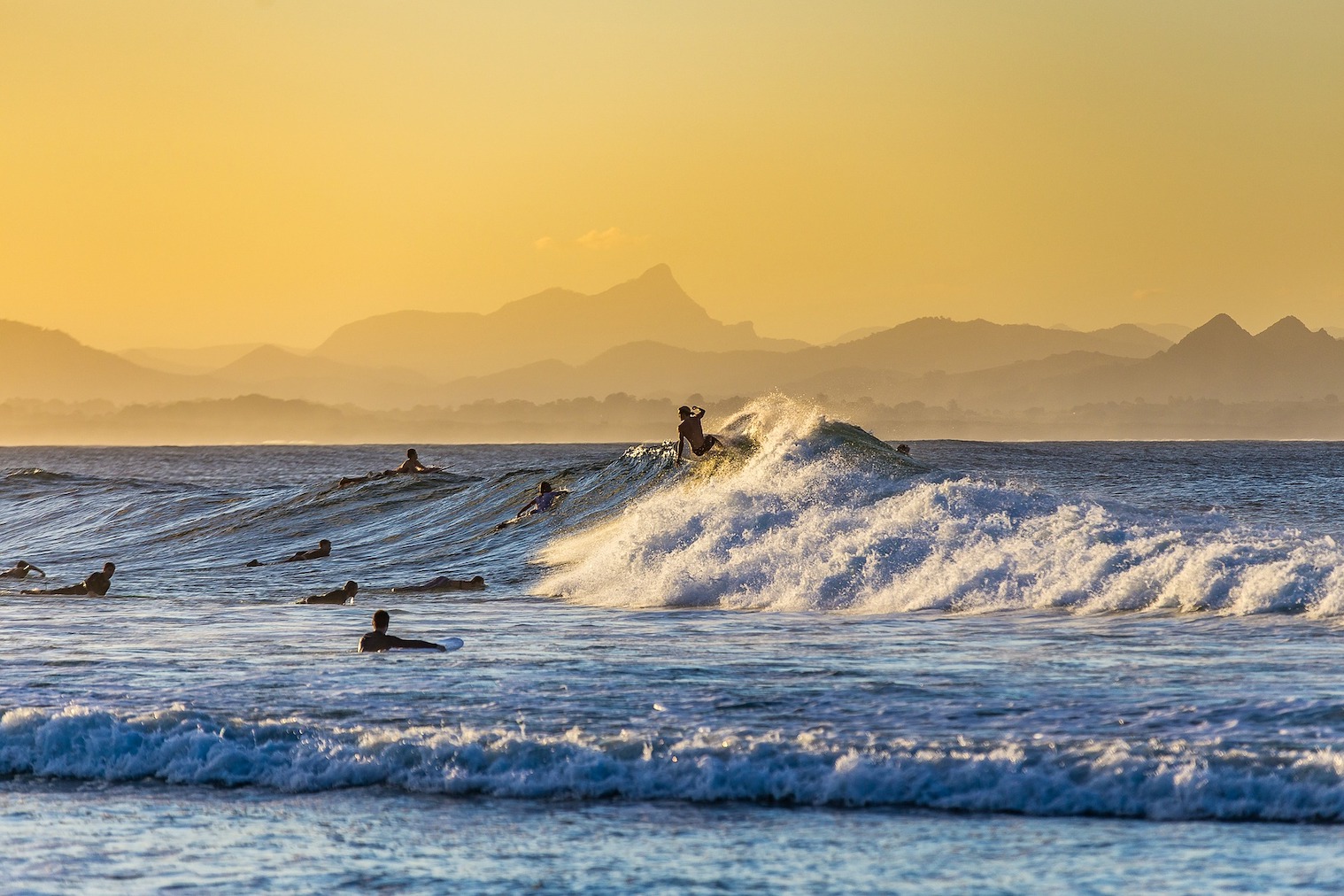
Why can’t we “just do it?” Three inherently human challenges to adapting to constant change
One is that the human body itself thrives on routine. Same eating times, same sleep hours, and the body is happy and stronger for the vicissitudes of life. What does that imply about setting priorities amidst changes that affect our whole lives, including our bodies?
Another challenge is that socially most of us feel more comfortable and strong if we have longterm friends and family as a secure base from which to make new friends. This recapitulates our childhood emergence from the circle of family care. Can we become more adept at change while not denying our need for social sameness?
It also recapitulates humanity’s history. The rate of social, cultural, and technical innovation in human history has been an exponential upward curve. There were millions of years with few changes demanded of early humans or developed by them. Probably many of us cope each week with a greater number of basic changes than our whole species faced in several million years.
So adapting to change is not humanity’s strong suit. With our current ability to introspect, research, experiment, explore, and share, we must develop it through collective learning, emergent learning, and learning organizations.
So with those three human challenges, plus our own personal resistances to change, what might we as humanity do?
That’s where innovative organizations reflecting the next stage of human consciousness might come in. I have suggested we have a leg up on adapting to change itself as the no-normal.
But do we? What if our skillset as “agents of change,” helping people accept and deal with a particular change, is an extremely different skillset from helping people learn to be resilient in the process of constant change itself? Do we need to go beyond seeking to implement particular changes and instead get used to the process of changing, adapt to it with skill and resilience, even get proactive about it, perhaps even enjoy it, and help others do that?
So I challenge you: beyond the particular changes you are seeking to implement, what capacities and skills can you pass along to others about surfing change itself, guiding change itself, even directing when, how, and why things are changing, and in which direction? Are you part of a “learning organization” or “community of practice” developing and sharing collective learning abilities in the most efficient and effective ways—in case time is of the essence for humanity to learn the art of changing?
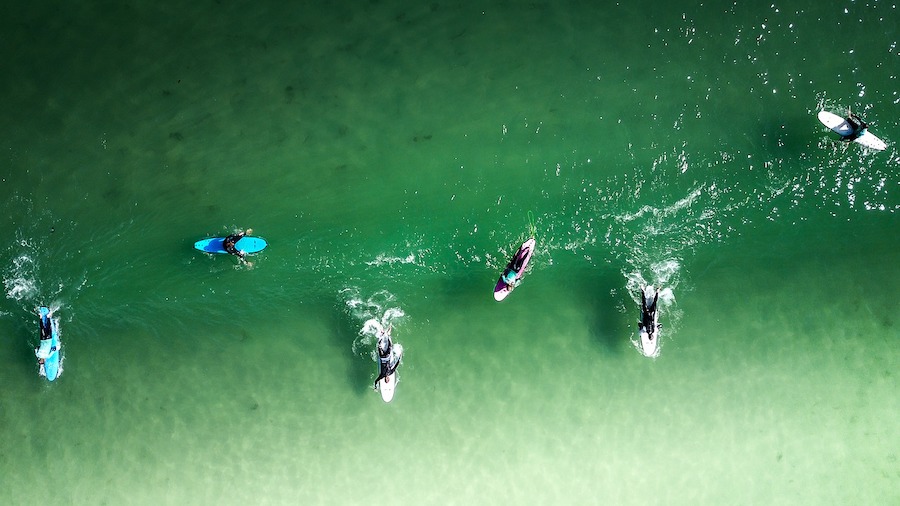
A few strategies for developing change-resilience as a habit
There are literally hundreds of methods developed by humans for achieving the capacity for resilience (as preparation and/or as coping.) Start your own research and learning program.
- Learn the effects of stress and of change on the human embodiment (mind and body) and how we’re built to cope (such as with neuroplasticity) and how we’re challenged to cope (such as trauma brain rewiring.)
- What are effective resilience practices?
- How can we strengthen our strengths and minimize our weak areas, while accepting life with “ease and grace?”
One strategy to cope with constant motion is to be restful within motion. We can find the masters of that strategy and learn from them if we choose to inhabit our human reality of constant change.
Personal resilience involves taking responsibility for self: saying No, recognising when stress occurs, making time to unwind, self-care.
- Developing a support network
- Being willing to be human and admit when it’s time to switch gears
- Delegating and letting go
- Trusting others
The strongest facility I personally have in dealing with constant changes is the belief that my personal vision of “the more beautiful world our hearts know is possible” has creative power, especially when I’m working with others to co-create our shared vision. I am putting my creative powers—my attention, emotional intensity, intention, and actions—into perceiving that emergent future as it pops up all around.
When the wave gets choppy all of those steady my personal surfboard. Seeing my fellow surfers orients and steadies me also, and of course, the direct experience of co-creating the future is the most steadying of all. Conscious evolution is a good place to stand steady during evolutionary waves of change. “The best way to predict the future is to create it.”
Another personal learning is that kindness (or at least courtesy) is a social glue (more effective at bonding than enforced rules) that provides some comfort, enjoyment, and uplifting motivation as we surf the waves of change. Perhaps moments of kindness are actually the emergent future being present right now, right here.
Perhaps kindness is the surfboard of resilience in constant change.
Are you making it ok for others to be stressed in the face of change and allow them to take responsibility for finding their equilibrium (by acknowledging and giving space?)
How are you learning the process of change? Are you becoming more comfortable with change, sharing your wisdom and modeling good strategies?
* With a LOT of help from my friends!
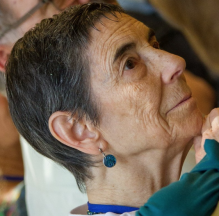
Lia Aurami: Within Enlivening Edge, I energize a variety of roles to express my sacred life mission: to amplify our human capacity for living, working, and relating within shared higher consciousness. That optimizes the chances of success of transformative changes, by operationalizing collective and spiritual intelligence to help organizations be efficient and effective. I delight in creating and amplifying synergistic connections toward all that!
Featured
Second
Third
